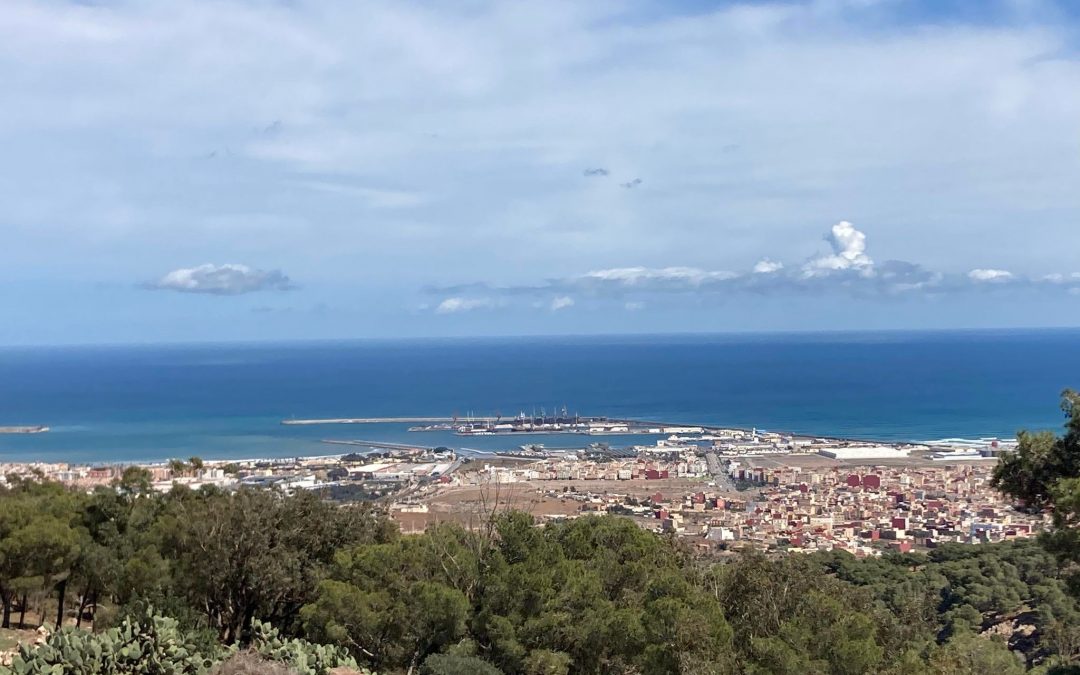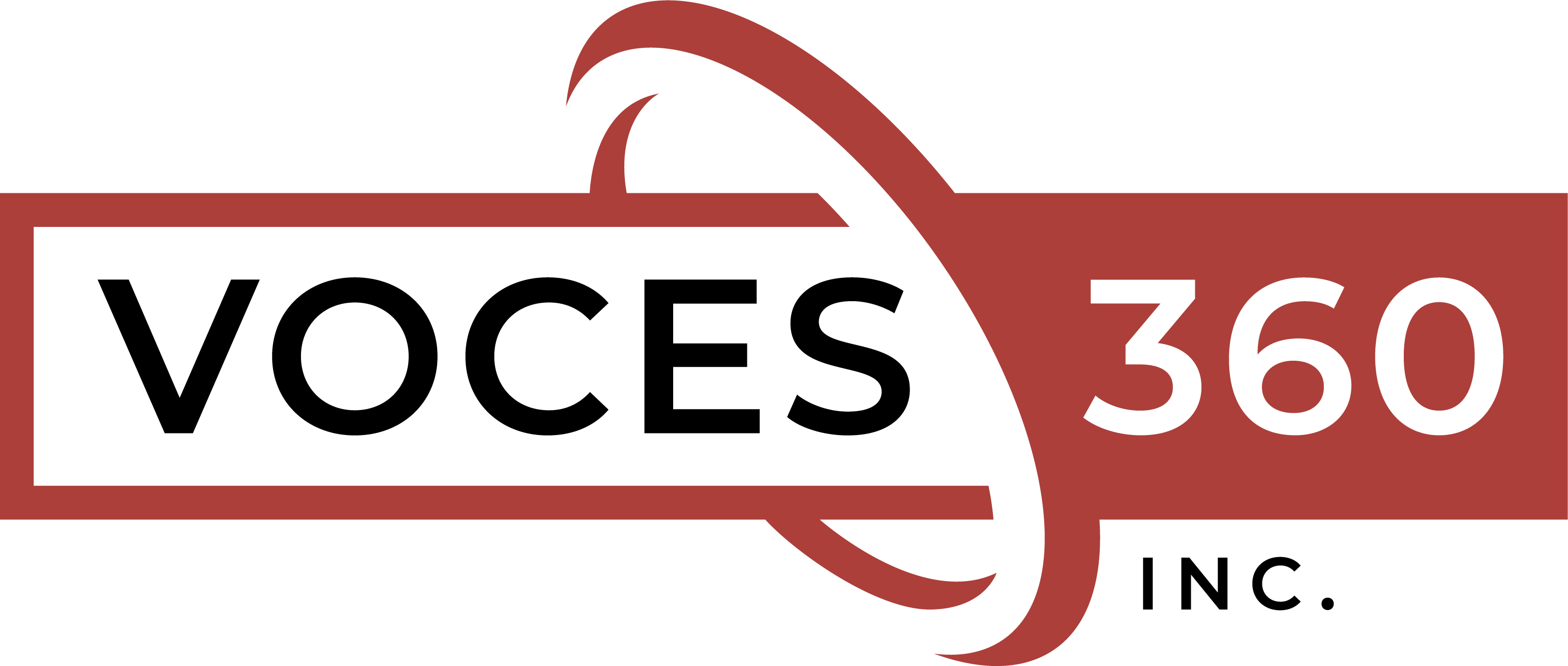
Who is a Refugee?
This year my colleague Dr. Abderrahman Beggar and I had the privilege of spending six weeks in Morocco and Western Sahara where we documented the life stories of 36 men and women who migrated from Western and Central Africa with the aim of reaching Spain.
For people on the move, Morocco is geographically positioned as the gateway from Africa to Europe. Sub-Saharan Africans trek the Saharan Desert, eventually entering Northern Morocco through the closed land border with Algeria or Southern Morocco from Mauritania and Western Sahara. From there migrants, most of them irregular with no documents, attempt to make it to Spain.
The reasons people migrate are varied and messy. In the case of our 36 research participants, active conflict (territorial disputes and civil war) permeates many of the societies of origin. However, it is not always the primary driver in migration decisions.
A small number of the people we spoke with are unequivocally refugees under the 1951 Refugee Convention and the 1969 regional Organization for African Unity Convention. For most, however, “a well-founded fear of being persecuted,” as per the 1951 definition of “refugee” is not as straightforward. Nor is poverty itself a migration driver since it is well recognized in the literature that the poorest can rarely migrate because resources are needed to do so, especially for international migration.
As researchers, we could not clearly differentiate between voluntary and involuntary migration in the 36 life stories we collected in Morocco, leading us to question whether south-south migration can ever really voluntary? People with different motivations travel together and individuals may change status or simultaneously fit in both refugee and economic migrant categories. Migration across the African continent is very much a Mixed Migration phenomena and the notion of voluntariness in migration is highly problematic.
The impact of the voluntary-forced dichotomy on migration policy reduces eligibility to the privileged label “refugee” forcing those seeking asylum into illegality as “irregular migrants.” Yet we must ask ourselves, how are the experiences and dreadful circumstances of the irregular migrants we spoke with in Morocco any different from the current waves of white, middle class, educated “forced” refugees leaving the Ukraine?
